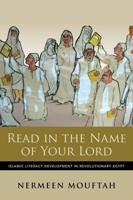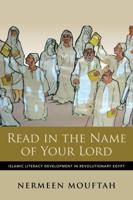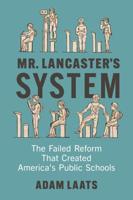Publisher's Synopsis
This analytical rather than chronological account of the political career of Joseph Stalin, leader of the USSR from the mid-1920s to his death in 1952, gives an account of his rise to power, and his responsibility for such events as the purges and show trials of the 1930s, collectivization of agriculture and the various five year plans for the industrializtion of the USSR. The book analyzes the concept of Stalinism, what it meant during Stalin's lifetime, and afterwards, during the regimes of Kruschev, Brezhnev and Gorbachev. Most of the chapters have a timeline relating to major events in the chapter. "Points to consider" allow revision of essay titles to encourage students to reflect on material in the chapters. There is also discussion of the work and arguments of historians of Stalin and Stalinism, in the West and in the USSR. John Laver is the author of books in the "History at Source" series, including "Russia 1914-41", "The USSR 1945-90", "Nazi Germany 1933-45" and "Imperial and Wiemar Germany 1890-1933".










